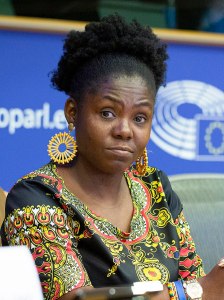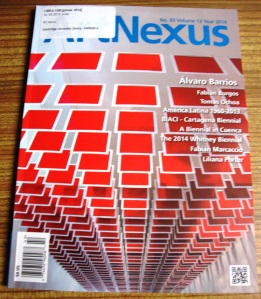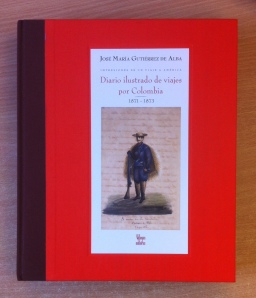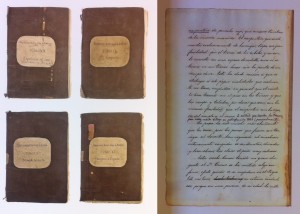
2024 marks 100 years since the publication of La vorágine (The Vortex) by José Eustasio Rivera, one of Colombian and Latin American literature’s most important novels. Still widely read and studied in Colombia and throughout the Spanish-speaking world, La vorágine remains arguably the definitive example of the “jungle novel”.
José Eustasio Rivera was born in 1888 in Huila in the southwest of Colombia. He graduated in law and published his first book, Tierra de promisión (a collection of 150 sonnets), in 1921. The year after this, Rivera travelled to the Amazon rainforest, which would form the setting of La vorágine, while working as part of a government commission to clarify the limits of the Venezuelan-Colombian border. This was soon after the height of the first Amazonian “rubber boom”, when extraction of rubber in the region expanded massively to meet the demands of global capitalism and industrialisation. Like his novel’s semi-autobiographical narrator-protagonist, Arturo Cova, Rivera was greatly affected by his experiences of the jungle, and La vorágine is famous for its poetic descriptions of the environment:
Continue reading “La vorágine by José Eustasio Rivera”




